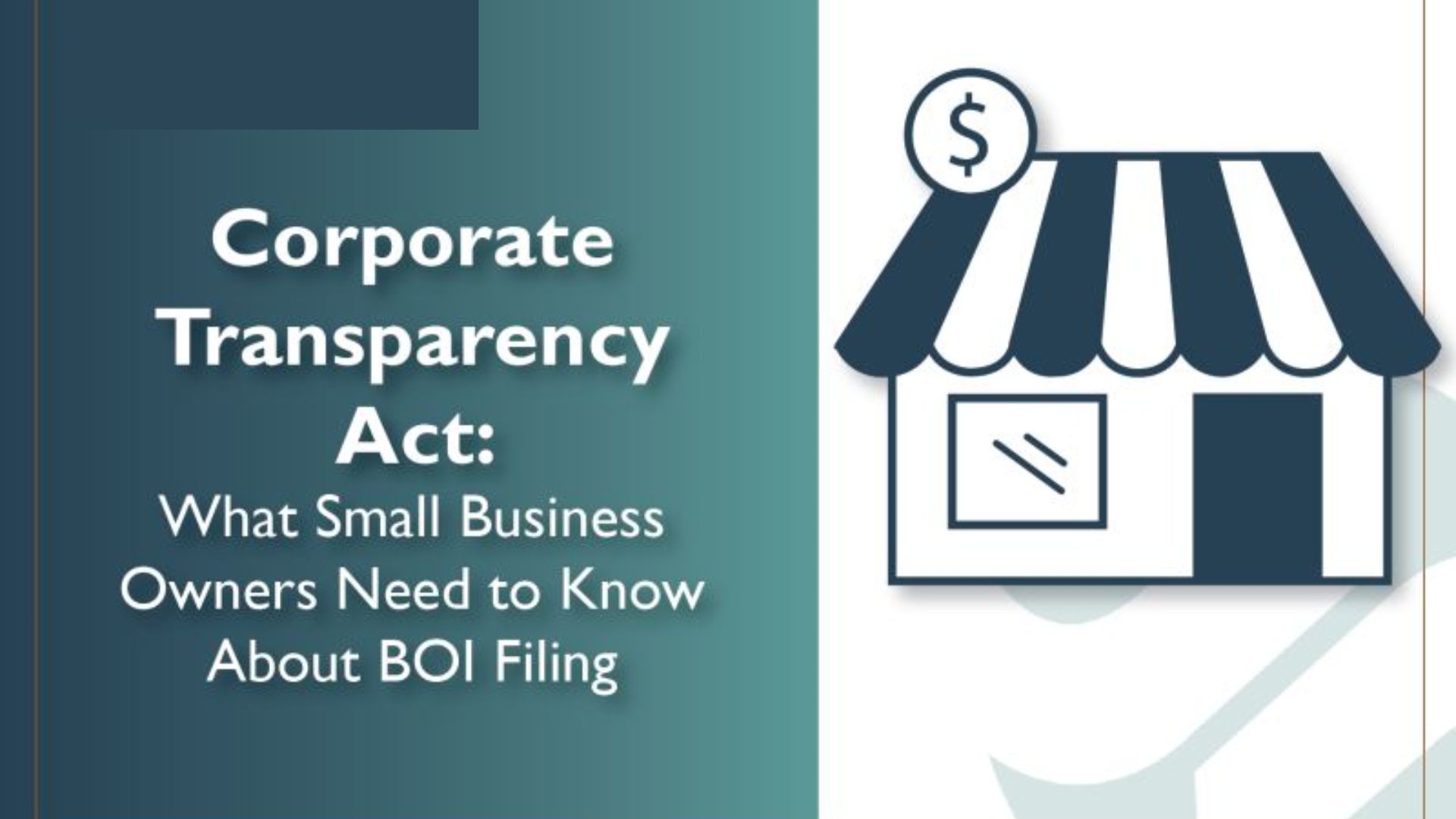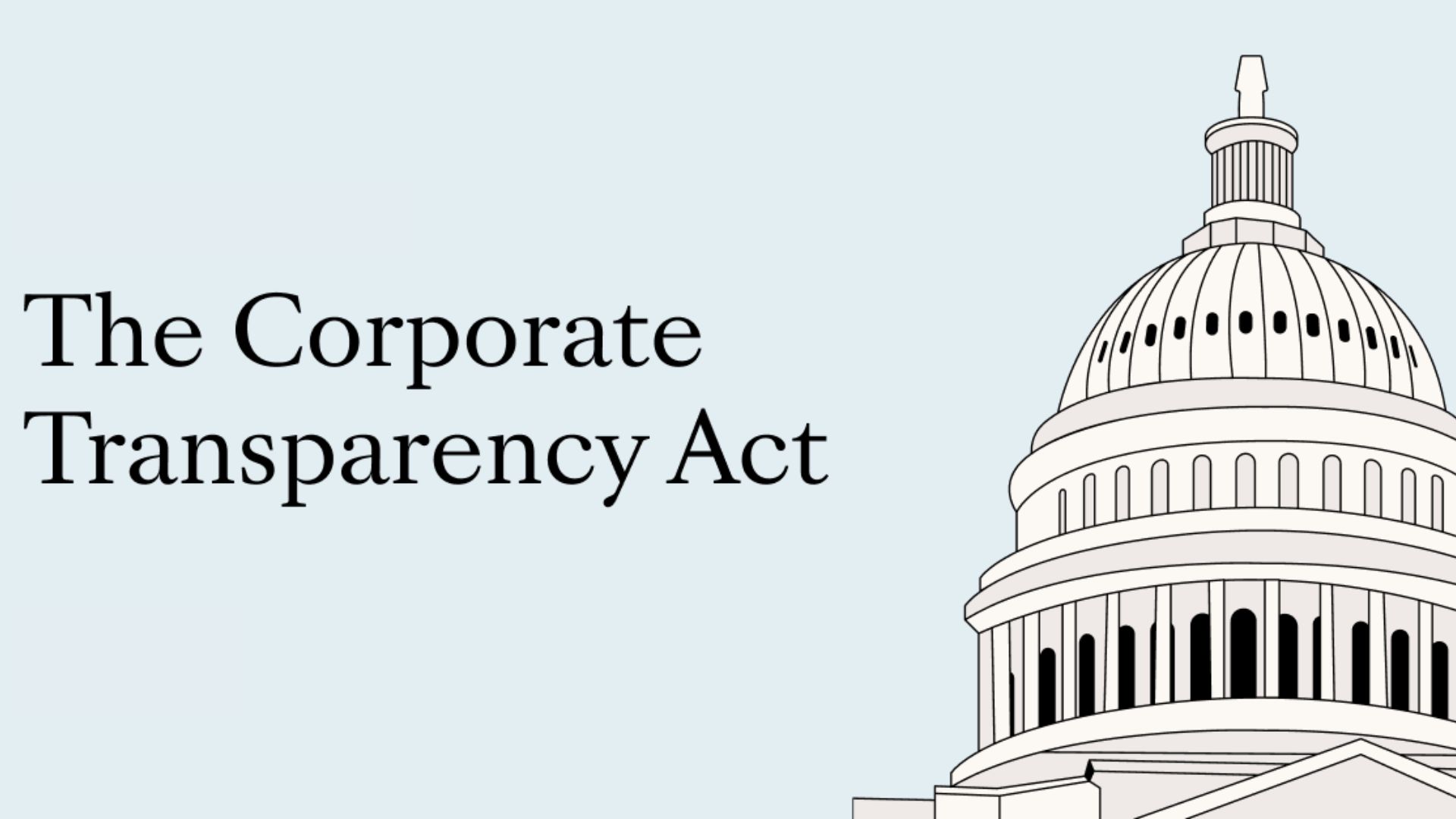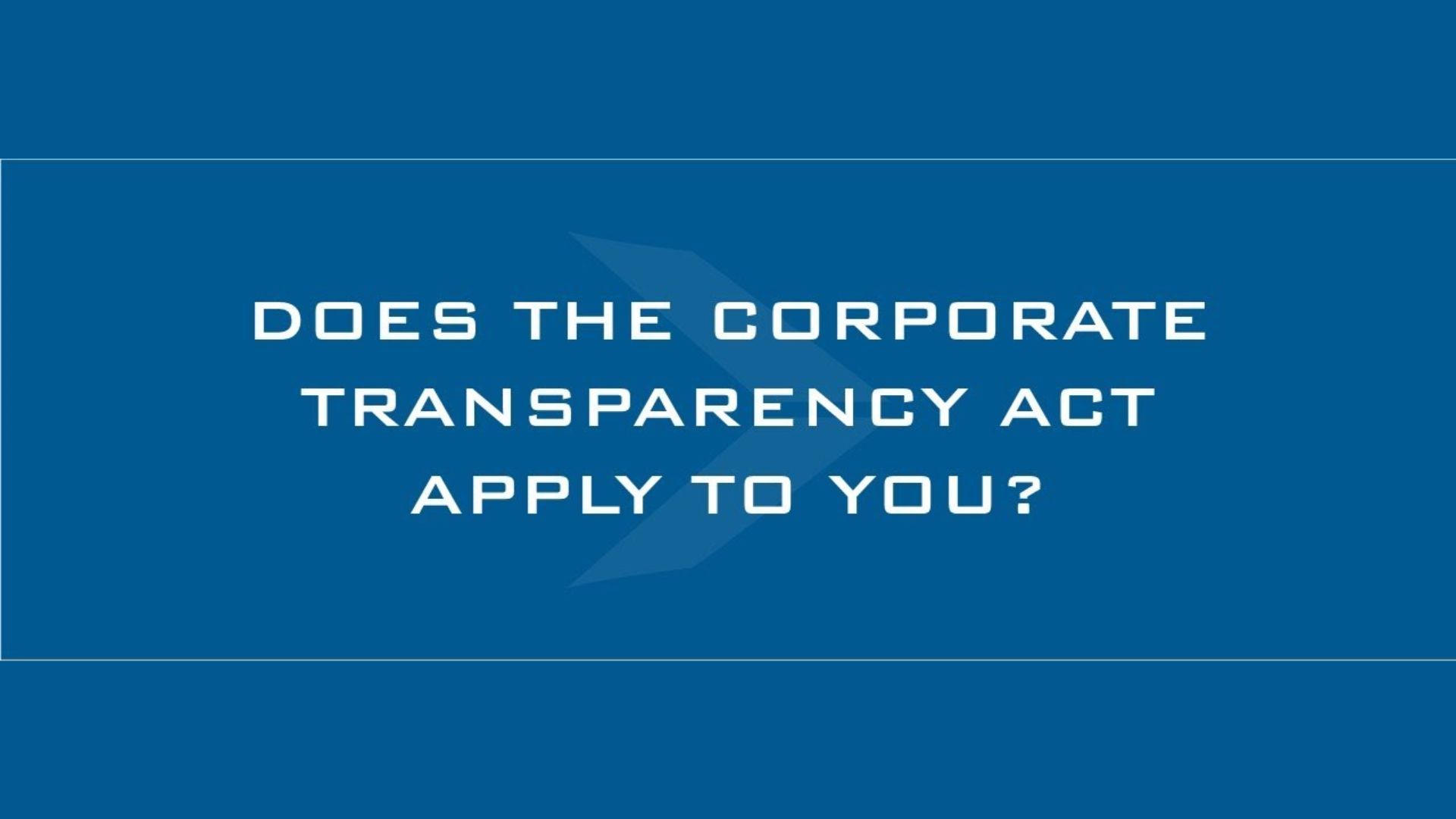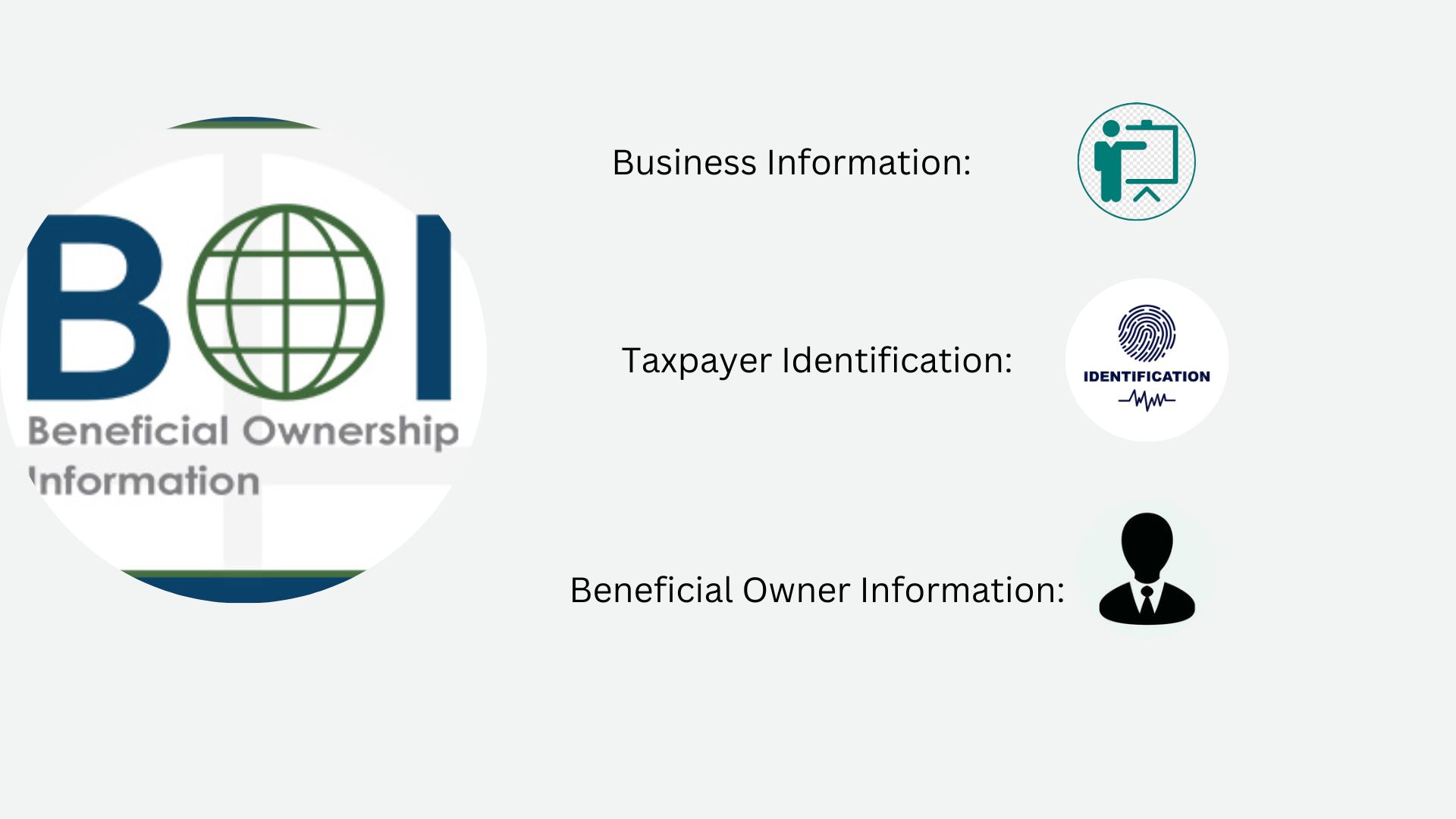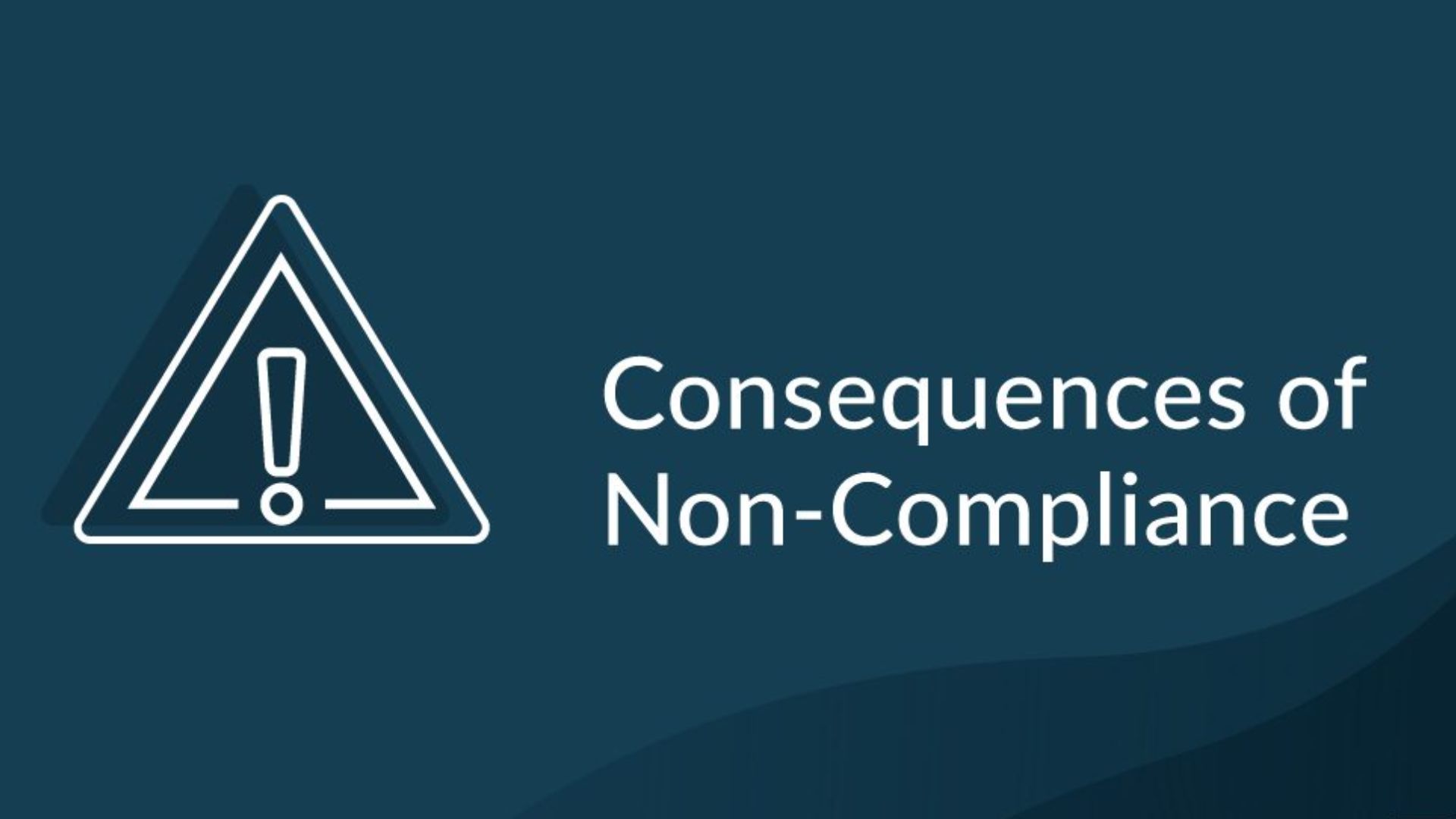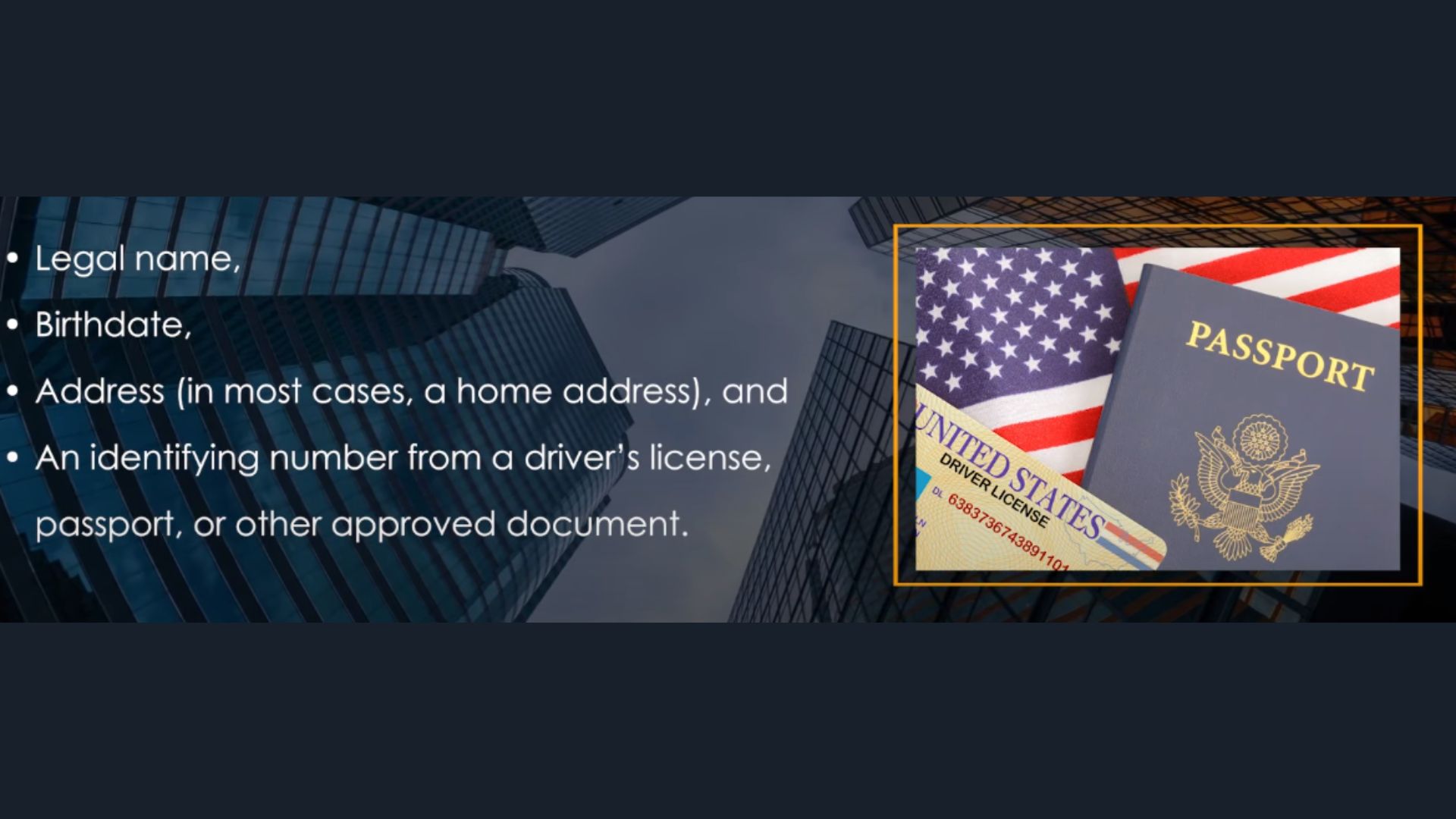In recent years, the landscape of anti-money laundering laws in the United States has seen significant changes, marking the first substantial update in nearly two decades. These changes are a result of the Corporate Transparency Act (CTA), and they carry profound implications for reporting requirements applicable to various business entities, including corporations and LLCs, both domestic and foreign, operating within the United States.
What is the Corporate Transparency Act?
The Corporate Transparency Act, passed by Congress on January 1, 2021, is a crucial piece of anti-money laundering legislation for get more information visit official website of Corporate Transparency Act. As part of this new law, the National Defense Authorization Act was also incorporated. The CTA mandates that businesses file a Beneficial Ownership Information (BOI) report with the Financial Crimes Enforcement Network (FinCEN), a department under the Department of the Treasury.
The primary objective of requiring BOI reports is to enhance transparency surrounding business ownership. By doing so, the government aims to combat illegal activities such as money laundering, fraud, tax evasion, corruption, and terrorist financing. Essentially, the government seeks to curtail criminal attempts to conceal illicit property, cash, or capital gains within shell companies operating in the United States. Government Wants to teach you How to Exploring Free Utility Programs, Knowing about Financial Assistance Programs, and get Free Healthcare services by the government.
Who Does the Corporate Transparency Act Apply To?
The Corporate Transparency Act applies to a broad spectrum of business entities. It encompasses LLCs, corporations (including S-corps), and any other businesses established through filing documents with a state’s Secretary of State’s office or a similar office in the United States. Furthermore, even foreign companies registered to conduct business within the United States fall within the purview of the CTA.
The CTA offers exemptions, but these primarily pertain to large businesses already subject to extensive governmental regulation. There are 23 categories of exempt businesses, including governmental authorities, banks, credit unions, investment companies, and more. Smaller businesses and those without extensive regulatory oversight are more likely to be affected by the CTA.
Exemptions and Categories
One noteworthy category of exemption is “large operating companies.” To qualify as such under the CTA, a business must meet specific criteria: it should employ at least 20 full-time workers, maintain a physical office in the United States, and generate a minimum of five million dollars in gross receipts from the preceding year. If your business meets these requirements, you may not need to file a BOI report with FinCEN.
On the other hand, sole proprietors, general partnerships, and trusts are not subject to the CTA as they are not created through state filings. However, it’s essential to remain vigilant, as regulatory requirements can evolve over time.
Information Required for the BOI Report
If your business falls under the jurisdiction of the CTA, you must provide specific information in the BOI report. This includes:
- Business Information: Legal name, trade name or DBA (Doing Business As) name, address, and the jurisdiction in which it was initially formed or registered.
- Taxpayer Identification: EIN (Employer Identification Number) or taxpayer identification number for each beneficial owner.
- Beneficial Owner Information: Legal name, birth date, address, and identifying number from a driver’s license, passport, or other approved document, including an image of the document containing the identifying number.
A “beneficial owner” is defined as someone who has substantial control over the reporting company or owns or controls at least 25 percent of its ownership interest. All such beneficial owners must be listed in the BOI report.
Important Dates: When Does the CTA Go into Effect?
The Corporate Transparency Act is set to take effect on January 1, 2024, which is rapidly approaching. It’s crucial to understand and comply with the CTA’s provisions promptly. The deadlines associated with the CTA vary depending on when your business was created or registered.
-
Businesses Created or Registered Before January 1, 2024: You must file your BOI report by January 1, 2025.
-
Businesses Created After January 1, 2024: You will need to file your BOI report with FinCEN within 30 days of receiving official notice of your company’s creation and registration.
Consequences of Non-Compliance
Failure to comply with the Corporate Transparency Act can lead to severe consequences. The government imposes a daily fine of $500 for non-compliance, which can accumulate rapidly. The maximum fine is capped at $10,000, but this can still be a substantial burden on your finances.
Furthermore, non-compliance can result in imprisonment for up to two years. It’s imperative to treat the CTA seriously to avoid these severe penalties.
Filing Your BOI Report
To file your BOI report, you can do so electronically through the FinCEN website. However, please note that FinCEN will only start accepting BOI reports from January 1, 2024, onward. It’s crucial to mark this date on your calendar and ensure timely compliance.
Protecting Your Confidentiality
Many business owners prefer to maintain the anonymity of their ownership. Certain states, such as Wyoming, Nevada, New Mexico, and Delaware, allow for high levels of confidentiality. These states permit the creation of anonymous LLCs, which do not disclose ownership information online, safeguarding owners from identity theft or unwanted attention.
It’s essential to understand that only six types of entities will have access to your BOI report, including federal agencies involved in national security, state law enforcement with a court order, the Treasury Department, financial institutions with your consent, government regulators, and foreign authorities via a United States agency. This means that the general public will not have access to this information.
Conclusion
The Corporate Transparency Act is a significant development in anti-money laundering regulation. Business owners need to be aware of their obligations under the CTA and comply with its provisions. Failure to do so can result in hefty fines and even imprisonment. It’s essential to stay informed, meet deadlines, and protect your business’s interests in an ever-evolving regulatory landscape.
Frequently Asked Questions (FAQs)
What is the Corporate Transparency Act (CTA), and why was it enacted?
The CTA is a new anti-money laundering law that came into effect on January 1, 2021. Its primary purpose is to enhance transparency surrounding business ownership to combat illegal activities such as money laundering, fraud, tax evasion, and terrorist financing. It aims to prevent criminals from hiding their assets within shell companies in the United States.
Who does the CTA apply to, and what businesses are exempt?
The CTA applies to a wide range of business entities, including LLCs, corporations (including S-corps), and foreign companies registered to do business in the United States. Exemptions primarily apply to large businesses, such as banks, governmental authorities, and heavily regulated entities. There are 23 categories of exempt businesses.
What information is required in the Beneficial Ownership Information (BOI) report?
The BOI report mandates the inclusion of essential information, such as the business’s legal name, trade name (DBA), address, jurisdiction of registration, and EIN or taxpayer identification number. For each owner, provide legal name, birthdate, address, and an ID number from an approved document, along with an image.
When do businesses need to file their BOI reports under the CTA?
The CTA took effect on January 1, 2024. The deadlines for filing BOI reports vary:
- For businesses created or registered before January 1, 2024: You must file your BOI report by January 1, 2025.
- For businesses created after January 1, 2024: You have 30 days from receiving official notice of your company’s creation and registration to file your BOI report.
What are the consequences of non-compliance with the CTA?
Non-compliance with the CTA can lead to serious penalties. Businesses that fail to file BOI reports may face fines of $500 per day, with a maximum penalty of $10,000. In extreme cases, non-compliance can result in imprisonment for up to two years. It’s crucial for business owners to take the CTA seriously and meet their compliance obligations to avoid these penalties.

